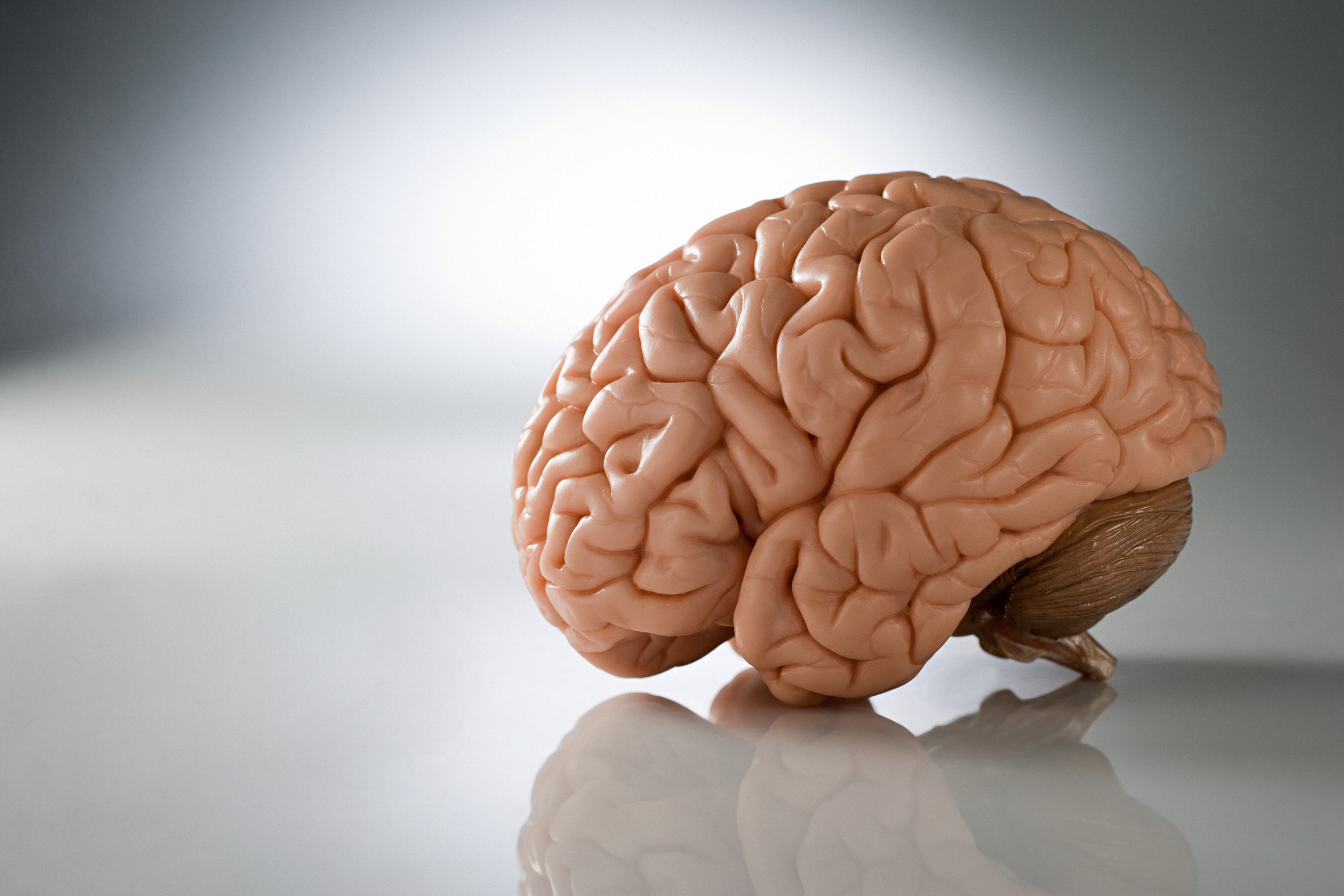Did you know your gut can communicate with your brain?
This bi-directional relationship, known as the gut-brain axis, has profound implications for mental health (Gracie et al., 2018).
Emerging research links imbalances in gut bacteria to conditions like anxiety, depression, and even neurodegenerative diseases (Mitrea et al., 2022).
Studies show that 90% of serotonin, the “happiness hormone,” is produced in the gut (Koza et al., 2017).
Gut microbes play a critical role in this process, highlighting their influence on mood and cognitive function (Gareau, 2016).
In one study, individuals with depression exhibited significantly lower diversity in their gut microbiota compared to healthy controls (Barandouzi et al., 2020).
Probiotics, often called “good bacteria,” are showing promise in mental health (Meher et al., 2024).
For instance, different probiotic strains from the genera like Bifidobacterium longum and Lactobacillus helveticus have demonstrated potential in reducing anxiety and stress in clinical trials (Romjin et al., 2017).
At NIUM, we’re committed to exploring the intricate interplay between the microbiome and the mind, driving research that transforms how we address mental health challenges.
Learn more about the latest breakthroughs on our website.
References:
Barandouzi, Z. A., Starkweather, A. R., Henderson, W. A., Gyamfi, A., & Cong, X. S. (2020). Altered composition of gut microbiota in depression: a systematic review. Frontiers in psychiatry, 11, 541.
Gareau, M. G. (2016). Cognitive function and the microbiome. International review of neurobiology, 131, 227-246.
Gracie, D. J., Guthrie, E. A., Hamlin, P. J., & Ford, A. C. (2018). Bi-directionality of brain–gut interactions in patients with inflammatory bowel disease. Gastroenterology, 154(6), 1635-1646.
Koza, Jarosław, Renata Kwiatkowska, Adam Jurgoński, Małgorzata Pujanek, Monika Ameryk, Piotr Sikorski, Agnieszka Meder, and Maciej Świątkowski. “The importance of serotonin in the gastrointestinal tract.” Journal of Education, Health and Sport 7, no. 12 (2017): 104-110.
Meher, A. K., Acharya, B., & Sahu, P. K. (2024). Probiotics: Bridging the interplay of a healthy gut and psychoneurological well‐being. Food Bioengineering, 3(1), 126-147.
Mitrea, L., Nemeş, S. A., Szabo, K., Teleky, B. E., & Vodnar, D. C. (2022). Guts imbalance imbalances the brain: a review of gut microbiota association with neurological and psychiatric disorders. Frontiers in medicine, 9, 813204.
Romijn, A. R., Rucklidge, J. J., Kuijer, R. G., & Frampton, C. (2017). A double-blind, randomized, placebo-controlled trial of Lactobacillus helveticus and Bifidobacterium longum for the symptoms of depression. Australian & New Zealand Journal of Psychiatry, 51(8), 810-821.

